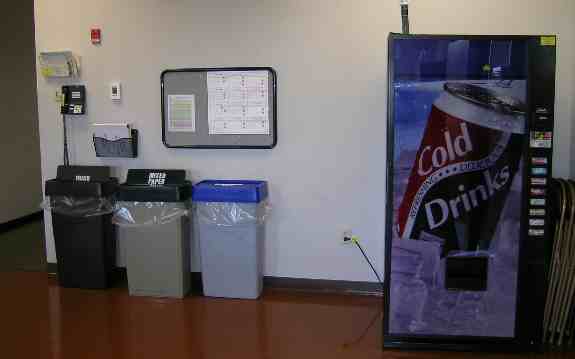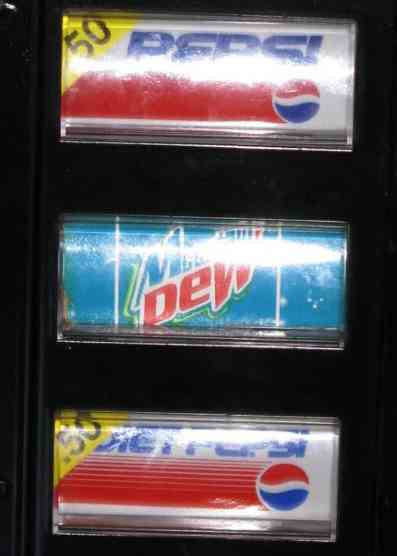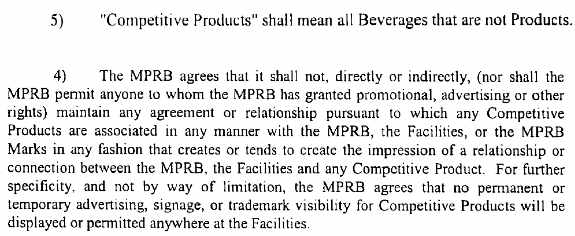Here’s another article about the problems that resulted from private companies doing business on Park Board property. This article by Cristof Traudes appeared in the August 25, 2008, issue of the Southwest Journal.
BUSINESSES ON PARK PROPERTY UNDER SCRUTINY FOR TAXES
In May, it appeared Twin City Catering had fallen upon difficult financial times.
The private business, which operates within the Minneapolis Park and Recreation Board’s headquarters on West River Road, had asked the Park Board whether it could renegotiate its lease. Hoping to lower its rent, it was seeking to jettison its event center space.
Before any contract renegotiations could get started, the Park Board commissioners had to give approval. They were supposed to do so at their May 21 regular meeting.
But in the days leading up to that meeting, citizen watchdogs cried foul.
Park Watch, a common critic of the Park Board, pleaded with President Tom Nordyke not to approve the renegotiations based on one fact: Twin City Catering, under contract since 2003, had just been given its very first tax bill.
The company had not been dodging taxes — it turned out they had never before been assessed.
Citing higher moral standards, Park Watch argued Twin City Catering shouldn’t be allowed to get a lighter lease now that they’ve learned what their regular taxes are. That wouldn’t be fair, members said, to the other businesses who applied to occupy the headquarters space but didn’t win a contract. And it wouldn’t be fair to Twin City Catering’s competitors, they said.
Christine Viken used to own the Van Dusen Center.
“Considering that our property tax bill for 2007 was approximately $75,000, the unfair advantage that [Twin City Catering] enjoyed really sticks in my craw,” said Viken, a former member of Park Watch.
PERSONAL PROPERTY TAX
Twin City Catering isn’t the only private business on Park Board property seeing tax bills for the first time this year. There are a handful of others, including Mintahoe Hospitality Group, which operates out of the Nicollet Island Pavilion, and Sea Salt Seafood Eatery. While the businesses — at least one of which has had a contract with the Park Board since 2001 — were charged as much as $67,000 on their 2008 tax bills, none is being asked to pay for the years it wasn’t assessed.
Businesses don’t often slip through the Minneapolis Assessor’s Office cracks, said Patrick Todd, the city assessor. But if any were more prone to, it would be businesses on public property. That’s because statutes don’t make it clear who is required to notify the assessor’s office when a private business opens in a public space.
That leaves just a couple of ways for the assessor’s office to get a heads up. One is if someone were to approach the office. That’s never the business itself, said Dana Beasley, supervisor of real estate assessment for the city assessor’s office — nobody ever waves their hands and asks to be taxed, Beasley said.
In this case, the Park Board also didn’t feel it necessary to notify the city.
“That’s their business,” said Don Siggelkow, the Park Board’s general manager for administration and finance.
The only other tool the assessor’s office has is a survey sent every four years to public bodies.
With the survey, “we make sure that people who are [tax] exempt remain exempt and that when things change, we know about it,” Todd said.
The Park Board responded to such a survey last fall, which is when the assessor’s office finally learned of the private businesses’ existence. Shortly afterward, the businesses were assessed, and their first tax bills were sent out this year.
While some watchdogs are wondering aloud why none is being asked for back taxes, Todd said it’s policy for the assessor’s office to only do so in cases of intentional wrongdoing.
“If it looks like someone’s defrauding the system … we’d go back,” but this was an “honest mistake.”
SKIPPERLINER
A seventh business operating under an agreement with the Park Board also may soon get its first personal property tax bill. After assessing the other businesses, Beasley was tipped off by a citizen there was one that didn’t appear on the list: SkipperLiner, a cruise ship company that docks at Boom Island.
Although his work isn’t finalized, Beasley said that, at this point, it looks like SkipperLiner will owe taxes.
That’s a surprise to Siggelkow, who noted the business operates largely on the water.
“Do houseboats get assessed personal property taxes?” Siggelkow asked.
He didn’t provide the city with a SkipperLiner lease because, he said, one doesn’t exist. Rather, the company has what Siggelkow called an operating agreement with the Park Board.
That doesn’t matter to Beasley. He said the Park Board can call the arrangement whatever it wants. In the end, the only factors that matter are whether SkipperLiner is a for-profit business and whether it’s operating on public land. And while Beasley acknowledged the argument that a large part of SkipperLiner’s business is on water, he doesn’t consider that the whole story.
“Let’s put it this way: You have to dock somewhere,” he said.
BACK TO TWIN CITY
The SkipperLiner agreement isn’t the only issue where Siggelkow doesn’t see eye to eye with the city assessor’s office. For one, he considers the original assessment and ensuing tax bill for Twin City Catering a “staggering amount.”
The catering company did, too, quickly arguing for the assessment to be lowered. The business has succeeded at getting it down somewhat, and its tax bill is now about $39,800, compared to the original $67,188.65. But Beasley said the company isn’t satisfied, continuing to appeal the amount. That process could continue for more than a year, he said.
Twin City Catering representatives could not be reached for comment.
Contract renegotiations with the Park Board also never got started, as the commissioners never had a chance to give the action approval. Nordyke pulled the item off of the May 21 meeting’s agenda, and it hasn’t returned since. Siggelkow said the issue should come before the board again within the next two months.
Meanwhile, Siggelkow has filed an open records request with the city hoping to learn whether private businesses’ leases on city property are seeing similar assessments.
Like this:
Like Loading...






